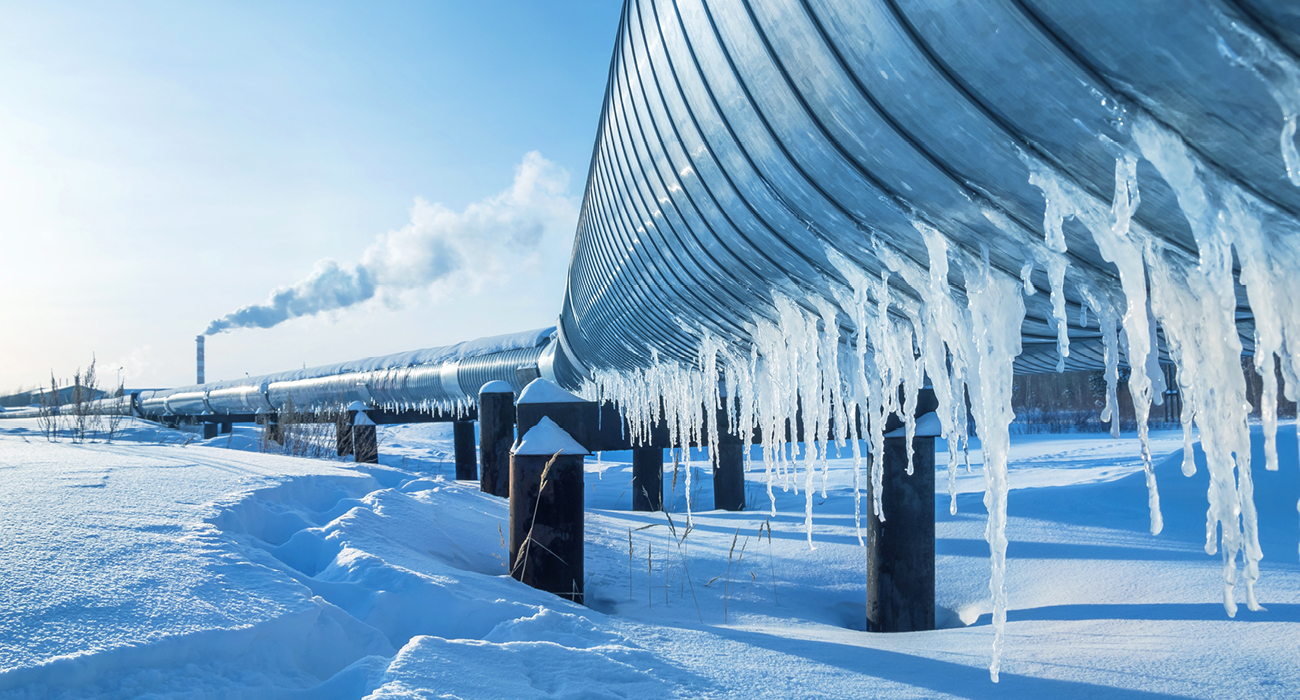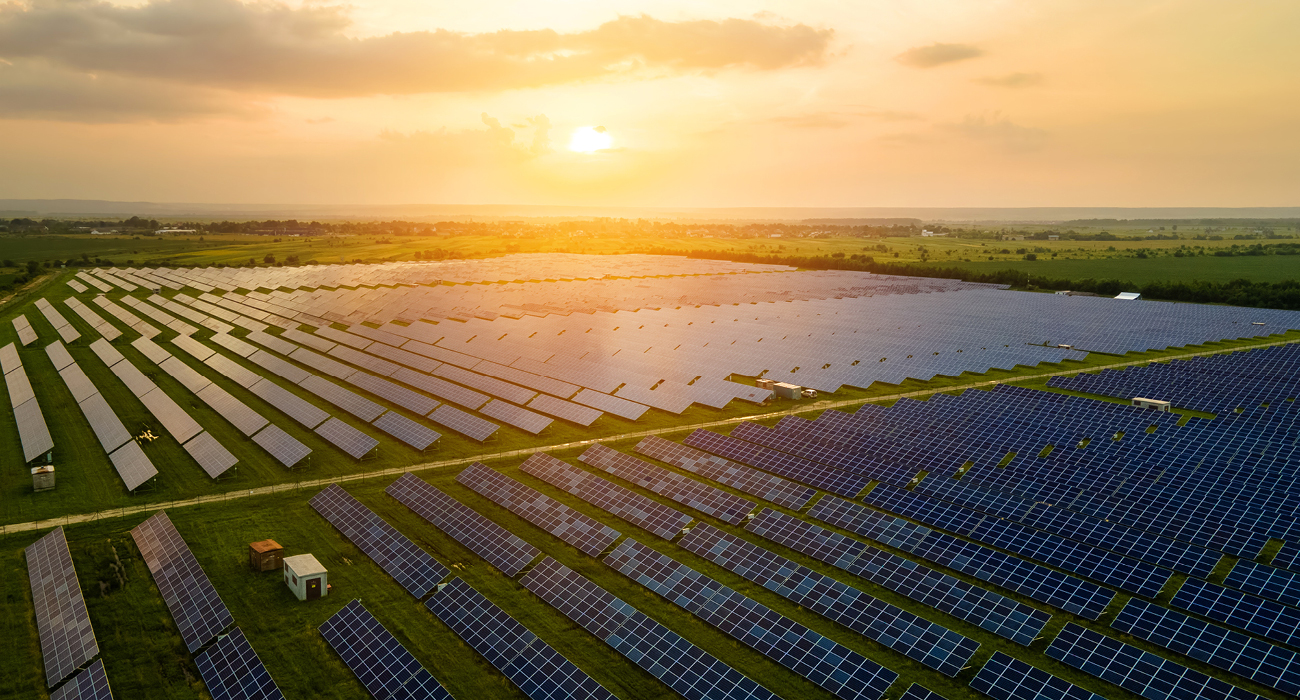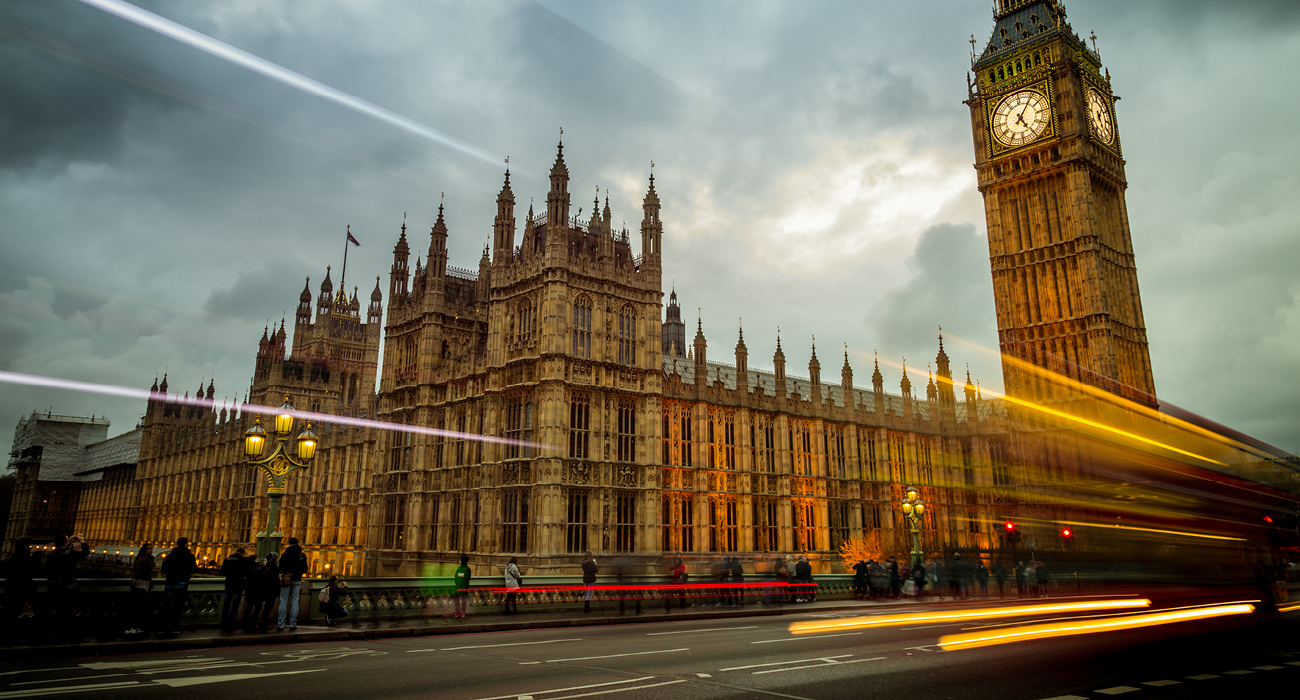Over the past few years, headlines warning about the risk of energy blackouts over the winter months have become an annual event.
Thankfully, as we approach the coming winter (2024/25), the current outlook means the risk of interruptions to power or gas supply is looking unlikely.
But we live in unpredictable times. And as the UK only has capacity to store around 12 days of gas at a time – and we rely on gas not only for much of the UK’s heating requirements but also to generate electricity – if anything disrupts the flow UK sourced natural gas of liquefied natural gas (LNG) shipments to our shores, then the picture can quickly change.
As a result, the UK has a protocol for winter supply emergencies. This details how gas and power supplies will be restricted if there is insufficient energy resources to meet total demand.
It’s worth noting that these measures are for planned energy outages. Unplanned outages can still occur without warning.
Protocol for gas interruptions
If an actual or potential drop in pressure in the gas network occurs – for example, due to a shortage of gas or damage to pipelines – some large consumers may be asked to switch off their gas supply for a period of time.
This is most likely to impact sites consuming an annual quantity (AQ) in excess of 732 kilowatt hours (KWh) or 25,000 therms of gas.
However, if your site is a key public service such as a hospital – or any interruption has the potential to cause damage to your plant and equipment – you should have ‘Priority Consumer’ status.
If we supply your gas, you can check if your site has priority status with your Client Lead or Account Manager. You can find out more about the qualifying criteria or how to apply in our FAQs.
However, it’s important to be aware that even priority status doesn’t guarantee supply if doing so would result in loss of supply to domestic customers.
Check your emergency contact details are up to date
For all customers, any instruction to interrupt/switch off your gas supply will come from your local Gas Transporter.
Contact will be made by telephone to one of your nominated emergency contacts. So it’s important to ensure these contact details are up to date (speak to your Client Lead or Account Manager if you want to check).
If asked to do so, your business must then cease or reduce any activities that require gas consumption (although continuing use for pilot lights or maintaining machinery in standby mode is permitted). You will then be advised when you can resume consumption, again by telephone.
Knock-on effect on power supplies
As gas is used for some forms of power generation, any shortage in gas supplies could also potentially result in electricity restrictions over the winter period.
In the, again, unlikely event this occurs, the National Electricity System Operator (NESO), the government and the Distribution Network Operators (DNOs) will decide on the best course of action and implement it within 48-hours.
This action will likely be a combination of:
- Restriction on industrial and commercial consumption: either by a certain percentage or restricting use to certain days of the week
- Public appeals: asking domestic consumers and businesses to reduce consumption
- A rota of disconnection: designed to ensure power supplies are equitably shared among all non-protected sites
Disconnections by rota
If disconnections by rota are implemented, your DNO will share the power it has in the local network between consumers using a system of ‘load blocks’.
The aim is to make power available at specific times to all users in the most efficient way. Each block of power is assigned an alpha character/letter.
You should be able to locate your block letter next to your supply number (also known as Meter Point Administration Number or MPAN) on your latest energy invoice. If this is missing, please use this link – or contact us. Your letter will then correspond with the timetables issued by the Electricity Supply Emergency Code.
As with gas, if your organisation cannot do without power, you should have ‘protected’ status. If you want to check this, contact you DNO.
You can find out more in our FAQs. Or speak to your Client Lead or Account Manager.

/npm214%20Digital_H_UB88.jpg)
/npm214%20Digital_H_UB110.jpg)
/npm214%20Digital_H_UB127.jpg)
/npm214%20Digital_H_UB132.jpg)
/npm214%20Digital_H_UB101.jpg)

/npm214%20Digital_H_UB119.jpg)


/Author%20Profile%20Finch_Rob_G.png)
